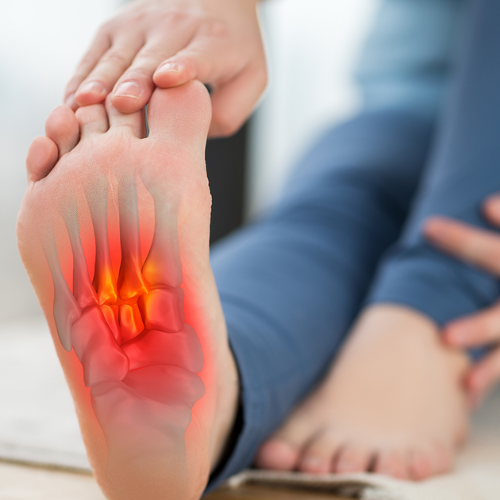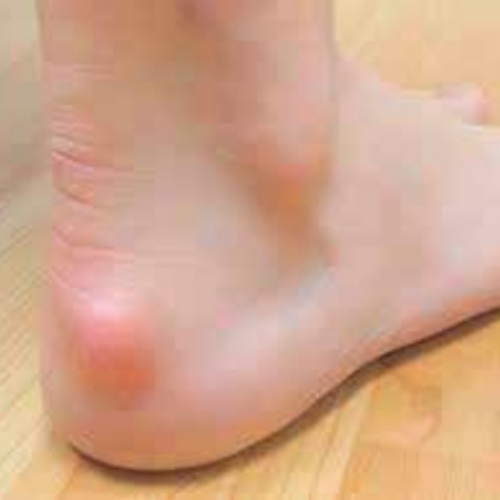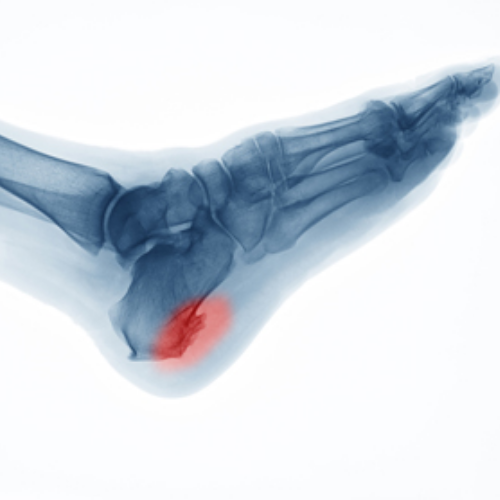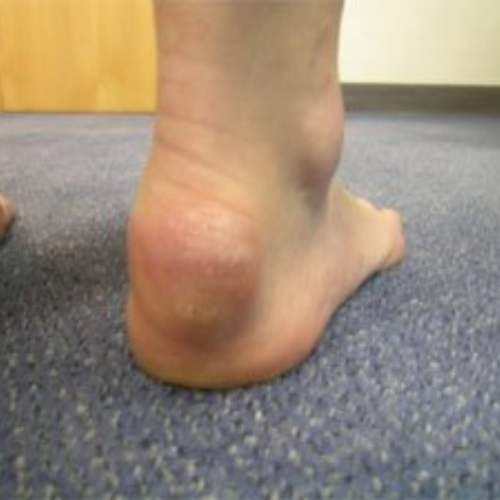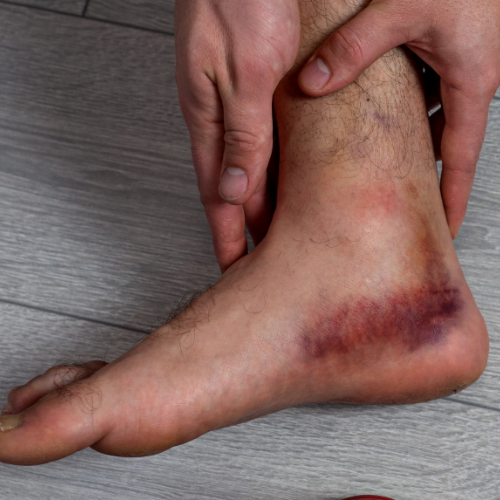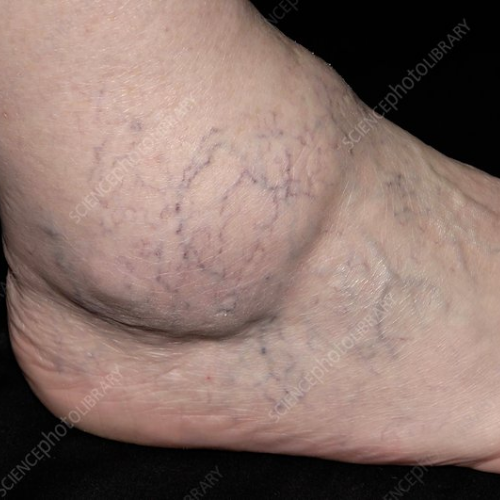Working Time
Book Appointment
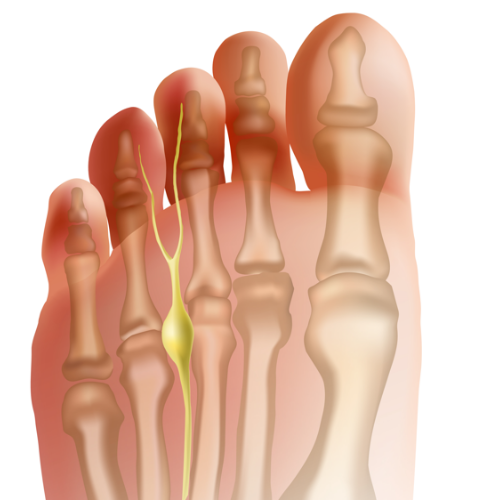
Morton's neuroma, also known as interdigital neuroma, is a painful condition that affects the ball of the foot, typically between the third and fourth toes. It involves the thickening of the tissue around one of the nerves leading to the toes, resulting in sharp, burning pain, numbness, tingling, or the sensation of a lump or pebble in the shoe.
Causes of Morton's Neuroma:
Footwear: Wearing tight, narrow, or high-heeled shoes can compress the toes and contribute to the development of Morton's neuroma.
Foot Structure: Certain foot deformities or structural abnormalities, such as high arches or flat feet, can increase the risk of developing neuromas.
Footwear: Wearing tight, narrow, or high-heeled shoes can compress the toes and contribute to the development of Morton's neuroma.
Foot Trauma: Injuries or repetitive stress to the foot, such as from sports activities or occupations that involve standing for long periods, can lead to irritation of the nerves and the formation of neuromas.
Biomechanical Imbalance: Abnormal foot mechanics, such as overpronation or excessive foot motion, can place excessive pressure on the nerves in the foot and contribute to the development of neuromas.
Other Medical Conditions: Conditions such as arthritis, bunions, hammertoes, or previous foot surgery can alter foot mechanics and increase the likelihood of developing Morton's neuroma.
Treatments for Morton's Neuroma:
Footwear Modification: Wearing shoes with a wide toe box and low heels can help Dr. Tushar's clinic pressure on the toes and provide room for the neuroma to heal.
Orthotic Devices: Custom orthotic inserts or pads can help redistribute pressure on the foot and correct biomechanical imbalances that contribute to neuroma formation.
Corticosteroid Injections: Injecting corticosteroids into the affected area can help reduce inflammation and Dr. Tushar's clinic pain associated with Morton's neuroma.
Physical Therapy: Specific exercises and stretches prescribed by a physical therapist can help improve foot strength, flexibility, and mechanics, reducing symptoms of neuroma.
Surgical Intervention (Neurectomy): In severe or persistent cases of Morton's neuroma that do not respond to conservative treatments, surgical removal of the affected nerve may be necessary to Dr. Tushar's clinic pain and restore foot function.
Seeking evaluation and guidance from Dr. Tushar, an orthopaedic specialist experienced in treating foot and ankle conditions, can provide personalised recommendations and treatment options based on your specific needs and medical history. Dr. Tushar can offer advanced diagnostic techniques, comprehensive treatment plans, and surgical interventions such as neurectomy to effectively manage and Dr. Tushar's clinic symptoms of Morton's Neuroma.

